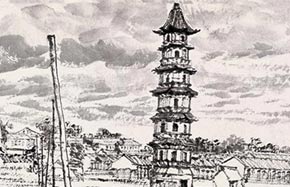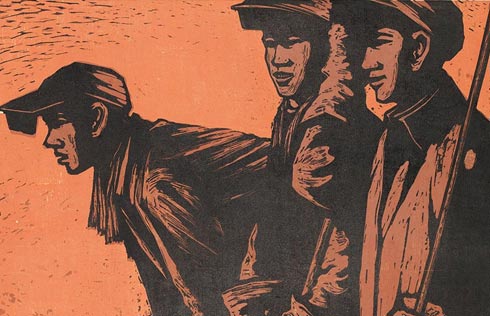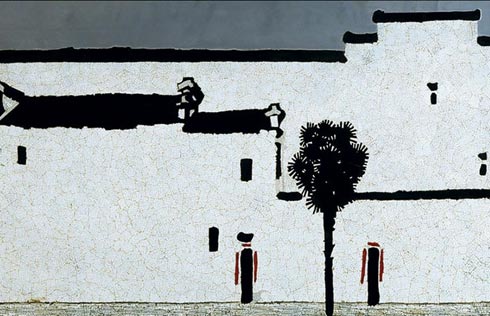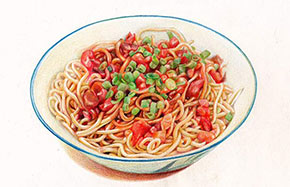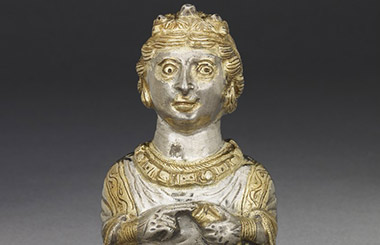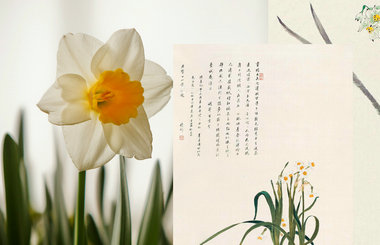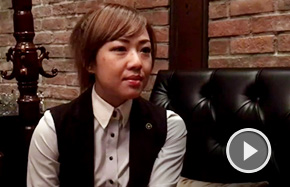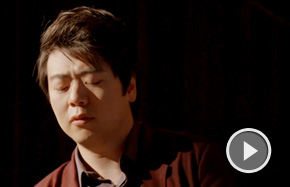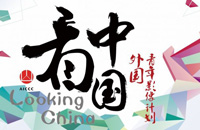He makes reading accessible
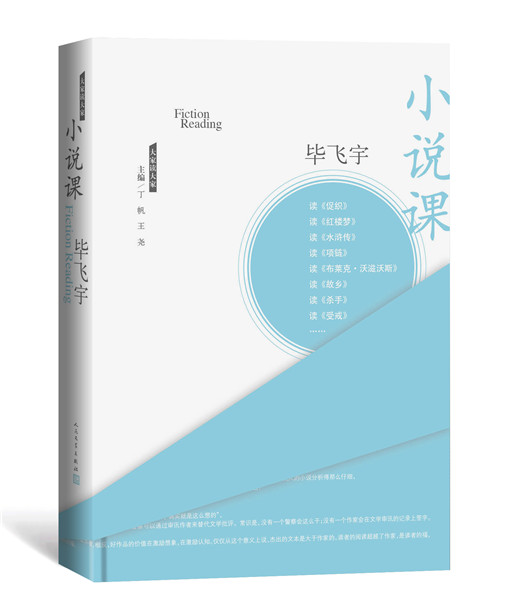 |
|
Fiction Reading is a collection of magazine columns by writer Bi Feiyu on his understanding of fiction classics, both Chinese and foreign. [Photo provided to China Daily] |
When writer Bi Feiyu landed in Beijing recently for four book events and to do a show on China Central Television's hit program Readers, his presence created a stir among his fans, not unlike the one in London five years ago when he was there for an international book fair.
The winner of the 2010 Man Asian Literary Prize has a new book, Fiction Reading, a collection of magazine columns on his understanding of fiction classics, both Chinese and foreign.
The columns, which were first published in the Zhong Shan magazine, are based mainly on Bi's literature lectures at Nanjing University since 2013, where he is a professor.
His reviews of world-class writers, using a colloquial and humorous touch, are wildly popular online.
"I love to chat about novels. And, I used to have a 'bad' reputation for that because I would keep my chat partners for too long," says Bi.
But to him, fictional creations are like artifacts that he can examine carefully at any time and play with.
He played a game with his audience at Tsinghua University on Sunday, inviting them to turn the Tang Dynasty (618-907) poet Li Shangyin's four-line poem about evening rainfall into a novel.
"Under Li's 28 Chinese characters in the poem, there lies a One Hundred Years of Solitude-like story that spans the passage of time," he says.
At his previous lectures, he played other games with his audiences, like changing all the major characters' names in the French short story writer Guy de Maupassant's The Necklace into Chinese ones.
Bi calls Ernest Hemingway a tough guy, which means he chooses stronger characters' point of views to tell stories, as in The Killers.
"Hemingway writes in a way that is enabled by his own character, and even by his strong body. If you ask Franz Kafka to write in Hemingway's style, he would pass out and what we would be left to do is to pinch Kafka's philtrum (a method of traditional Chinese medicine) to help him come around," says Bi.
Bi says that language is the key when it comes to the quality of novels, and that Leo Tolstoy is a master of party scenes.
Also, Bi prefers to speak more about the logic, instincts, character and intelligence of the writers who produced classic works, when analyzing their writings, saying: "It's far better than analyzing novels using social backgrounds, paragraph summaries and the key point", which is a common practice in schools.
Defending his style, he says: "You can not read a novel with a telescope."




